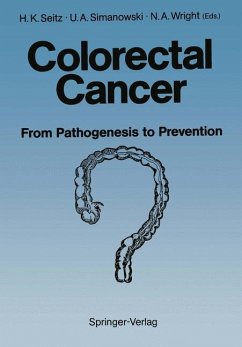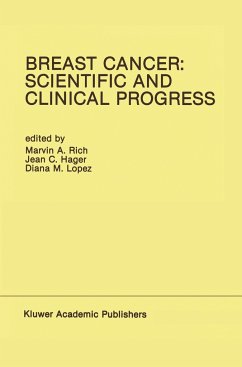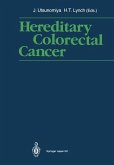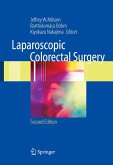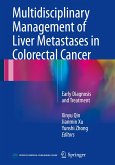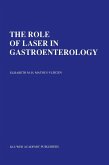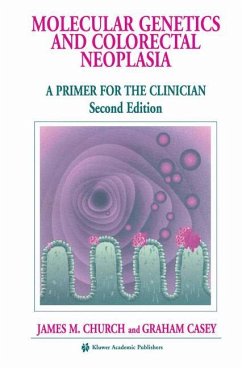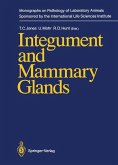The past 20 years have seen a surge of research into colorectal cancer, which is a reflection of the need to improve our methods of treating patients suffering from this increasingly common form of cancer. Greater knowledge of the basic mechanisms involved in colorectal carcinogenesis is an essential prerequisite to improvements in cancer prevention. In this volume the editors have brought together an impressive list of experts to cover the epidemiology, pathophysiology, morphology and basis for new diagnostic and therapeutic approaches to early detection and prevention. This broad scientific approach provides the reader with up-to-date review of our current state of knowl edge of colorectal carcinogenesis and indicates how this information can be used to generate more research and create new opportunities for diagnosis and treatment. This is a book of knowledge and ideas, some of them still at the stage of theoretical interest, but others with practical potential for the care ofpatients. I recommend it to those who have a research interest in colorectal carcinogenesis, as well as to readers who wish to know just how far medical scientists have progressed in their efforts to achieve the ideal of cancer prevention.
Bitte wählen Sie Ihr Anliegen aus.
Rechnungen
Retourenschein anfordern
Bestellstatus
Storno

